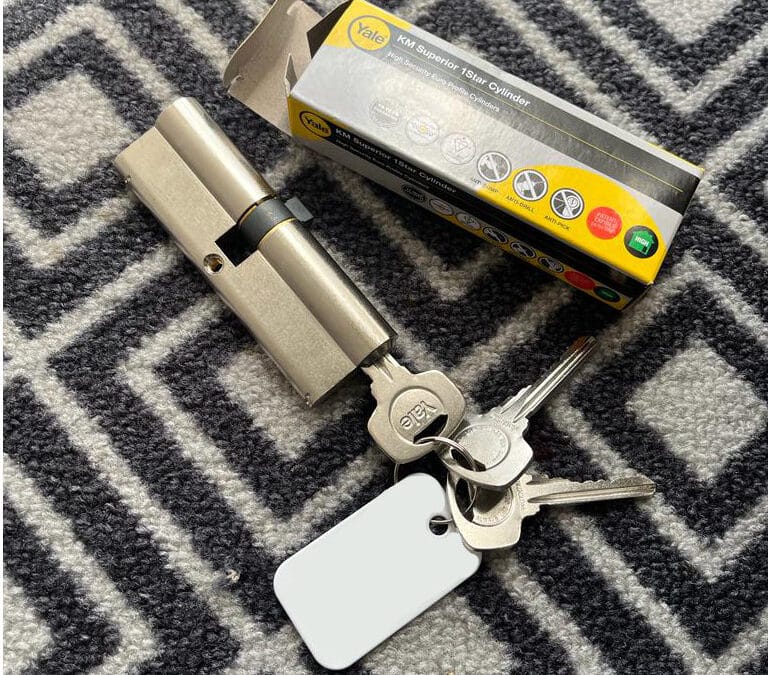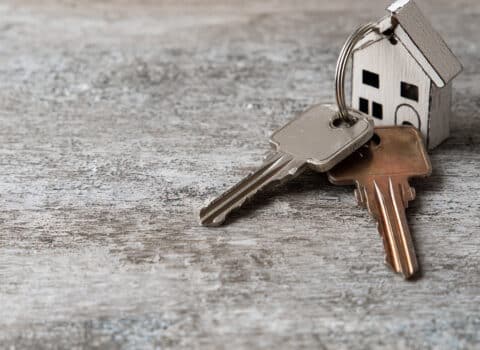Landlord’s Guidance for Replacing the Locks on a Rented Property

Changing the locks on your rental property is easy, but you should be aware of potential legal consequences.
Next, we’ll go over everything a landlord needs to know about changing the locks on a rental property.
Why do Landlords have to Take Caution while Changing the Locks on a Rental Property?
As a landlord, you may need to change the locks on your property from time to time, and you have to inform your renters and provide enough reasonable notice in advance.
Changing the locks because a tenant terminated their lease or you had a dispute with them could result in a large claim against you.
Legal Factors for Landlords Changing the Locks
It is important to ensure your property is safe and to keep your property secure for tenants, and changing the locks with enough notice may be required and compliant for the following reasons:
- If the locks on your rental property require repair because they are compromised or broken.
- If a tenant has not returned the keys to the property.
- If you want to upgrade the locks on your rental property.
- If your tenant requests it.
Other Instances where Landlords can Change the Locks
As a landlord, you may implement a lock change on your rental property after giving renters proper notice in the following circumstances:
- If you, your landlord, or members of your family live on the same property and use its facilities.
- If your tenant is and has been residing on the premises without paying rent.
- If your property is used as a vacation home.
Changing Locks can Potentially Increase the Security of your Rental Property
Changing the locks between tenants increases the security of your rental property.
Regular lock inspections and maintenance can reduce the number of issues that arise. For example, if a break-in occurs, your tenant’s insurance may be invalidated due to a lack of traces of forced entry caused by an old key falling into the wrong hands.
Landlords who use a registered key system ensure that keys are not duplicated without the landlord’s knowledge and signature. Some landlords have switched to smart locks that use fingerprints, voice recognition, and smartphone apps, which will eliminate the need for traditional keys.
When is it Prohibited for Landlords to Change the Locks?
If you have a renter who is behaving unlawfully, failing to pay rent, and breaking your leasing agreement, you may be tempted to change the locks without notice in order to evict them.
It is very important to remain on the right side of the law. If you change the locks while your tenant is away, they may seek illegal eviction against you. If a renter refuses to leave a property or you need to evict them, there is a legal process to follow.
Currently, this entails providing them with a Section 8 or Section 21 notice to secure a court order for possession.
How would the Renters (Reform) Bill impact this situation?
The government’s proposals to tighten Section 8 with the introduction of the Renters (Reform) Bill may affect how you evict renters.
How to Change the Locks on your Rental Property?
With strong communication, you can easily maintain a solid relationship with tenants. If you have to change the locks, do so at an agreed-upon time to develop trust.
A fully managed rental agency will keep your property compliant while handling everything for you, including property maintenance and rent collection.
Legally Change the Locks? Tenancy Agreements? Repairs? etc…
For landlord assistance on any issues dealing with your rental property, get more details on our lettings packages today. Please contact us or visit our website for additional details.


